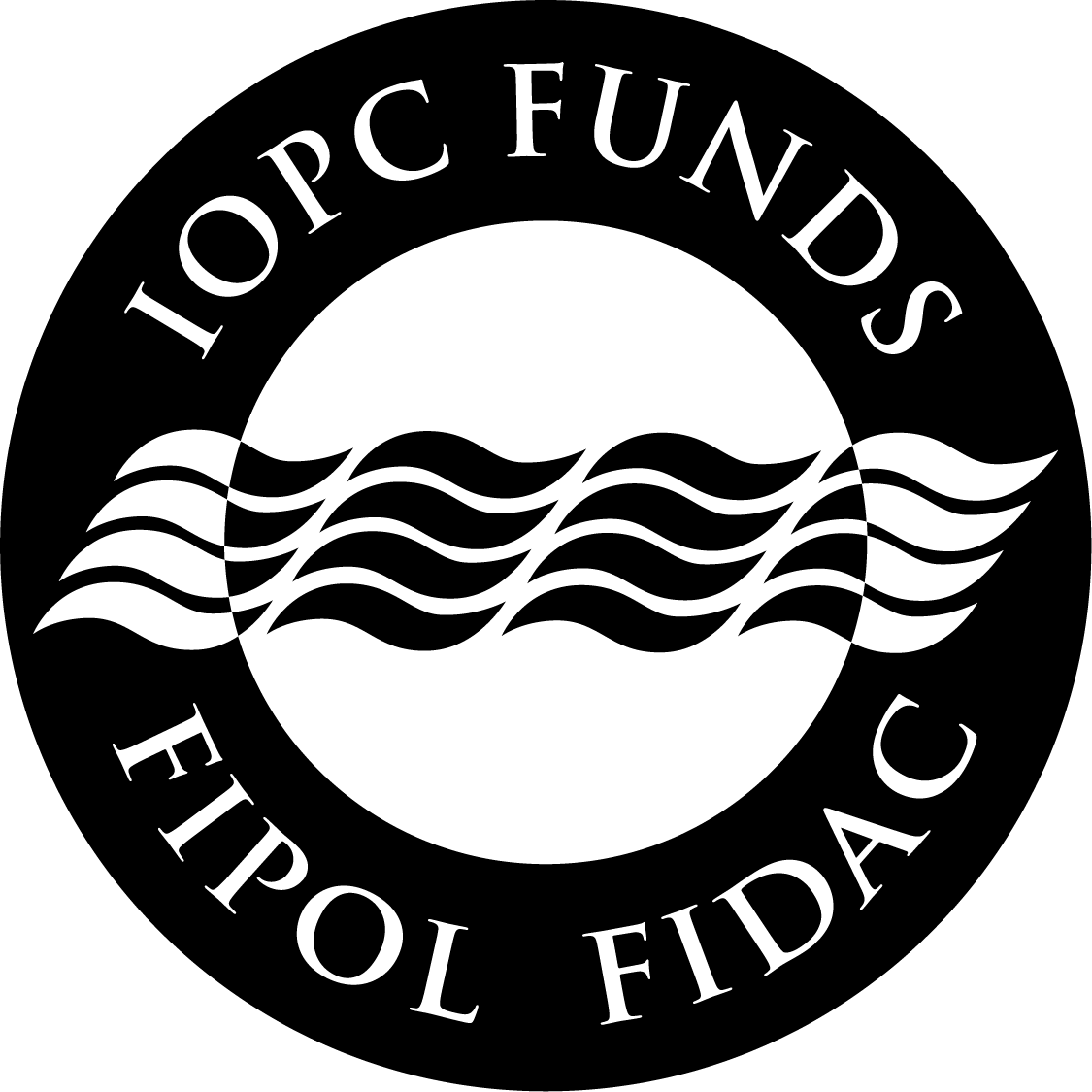HNS Certification practices
Posted: 17/02/2015
By: Thomas Liebert
Dear all,
In response to an enquiry from our Polish colleague below, and following Francois Marier’s initial response, also below, you may find the following information of interest from Australia.
Australia’s legislation provides for the government to issue a certificate for Bunkers & CLC. It does not contemplate certificates issued by another body being ‘certified’ by the government. In the case of Bunkers, the Australian Maritime Safety Authority (AMSA) issues certificates. For CLC, it is the Minister who issues certificates according to the legislation, but through administrative arrangements this power has been delegated to AMSA. For both Acts, in practice AMSA receives Blue Cards and an application form from an applicant, accepts payment of the application fee and issues the certificate.
Relevant provisions are in Section 18 of the Protection of the Sea (Civil Liability for Bunker Pollution Damage) Act 2008(http://www.comlaw.gov.au/Details/C2013C00331 ) and Section 16 of the Protection of the Sea (Civil Liability) Act 1981 (http://www.comlaw.gov.au/Details/C2013C00331).
Additional details are in the Regulations:
http://www.comlaw.gov.au/Details/F2009L02140 (Bunkers)
http://www.comlaw.gov.au/Details/F2009C00692 (CLC)
I hope this information is helpful
Kind regards,
Lisa Crowle
POLICY AND REGULATORY SENIOR ADVISOR
Dear Pawel,
This is an interesting question and not one we have had to ponder to any great extent. While the conventions (CLC, Bunkers, HNS, etc.) all include the word “certify” a certificate of financial security, they do not provide any specific procedures or requirements for states when “certifying”. It should be noted that only the Bunkers Convention allows a state party to delegate the issuing of certificates to a third party and sets out the conditions when that can be done. In the case of the CLC and the HNS Convention, this is restricted to the designated state authority.
There may be cases when that state authority is not a government department or agency and thus that would explain the need for the certificate to be certified in some fashion.
With regards to the Canadian legislation, the CLC and Bunkers certificates are issued by the Department of Transport. The legislation sets out the authorities as follows (the ones below are for Bunkers Certificates):
- (1) The certificate shall be issued
(a) by the Minister, if the ship is registered in Canada;
(b) by or under the authority of the government of the state of registration, if the ship is registered in a state, other than Canada, that is a party to the Bunkers Convention; or
(c) by the Minister or by or under the authority of the government of a state, other than Canada, that is a party to the Bunkers Convention, if the ship is registered in a state, other than Canada, that is not a party to that Convention.
(2) The Minister may designate a person to issue, refuse or revoke a certificate on the Minister’s behalf.
(3) On an application to the Minister for a certificate in respect of a ship registered in Canada or registered in a state, other than Canada, that is not a party to the Bunkers Convention, the Minister shall issue the certificate to the owner of the ship, if he or she is satisfied that a contract of insurance or other security satisfying the requirements of Article 7 of that Convention will be in force in respect of the ship throughout the period for which the certificate is issued.
(4) If the Minister believes that the guarantor will be unable to meet the guarantor’s obligations under the contract of insurance or other security referred to in subsection 73(1), or that the contract of insurance or other security will not cover the owner’s liability under the Bunkers Convention, the Minister may refuse to issue the certificate.
(5) If the Minister believes that the guarantor is no longer able to meet the guarantor’s obligations under the contract of insurance or other security referred to in subsection 73(1), or that the contract of insurance or other security no longer covers the owner’s liability under the Bunkers Convention, the Minister may revoke the certificate issued by him or her.
I would be interested if there are different ways of how these provisions are practically implemented and if any state is “certifying” certificates.
Regards,
François Marier
Manager/Senior Policy Advisor
Dear Colleagues,
I would like to take the liberty of asking you a question on the HNS certification and your national legislation/practice.
The question involves our draft HNS implementing provisions but also the new Maritime code we are now drafting and its provisions on the Bunkers, CLC, WRC and Athens conventions.
The HNS Convention states that the certificate may be “issued or certified” by the administration. Similar provisions are in the other IMO Conventions, eg. Bunkers, Athens and so on.
The procedure here in Poland is that we “issue” a certificate, usually on the basis of a P&I Blue Card. Do you know what is the purpose of the provisions stating that the certificate may be “certified”?
I can only imagine a situation when the certificate is issued by the P&I Club (or recognized organization?) and then certified by the administration – we however do not foresee such procedure and we are wondering whether it is used in other countries and needed in our legislation.
I can see that the Danish legislation doesn’t refer to the “certification” of the certificate: “ A certificate attesting that such insurance or guarantee is in force shall be issued”
The Canadian Marine Liability Act incorporates the relevant provisions of the conventions (eg of the Bunkers convention) including the “certification” but I wonder what is the Canadian practice? Do you only “issue” or also “certify” the certificates?
Best regards,
Pawel Krezel
Acting Head of Shipping and Ports Unit
Department of Maritime Transport and Shipping Safety
Ministry of Infrastructure and Development
Republic of Poland

